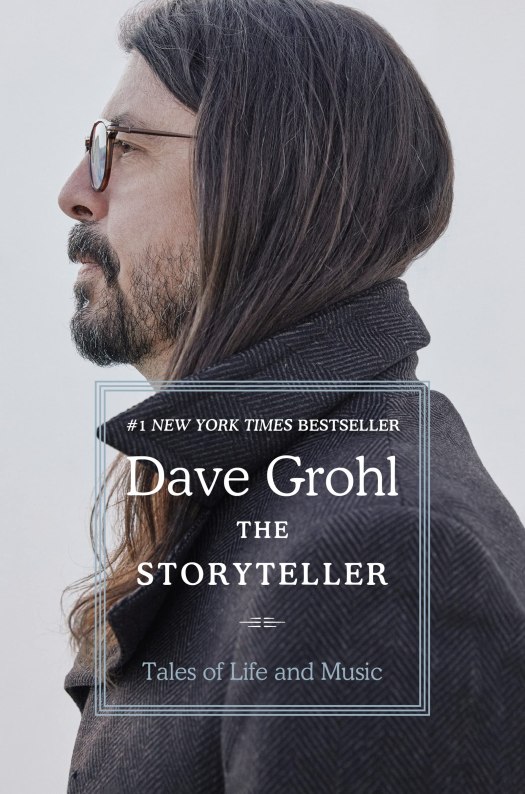
I’m just going to start off and say that this was a beautifully written book and it really struck a chord with me.
The Anthropocene Reviewed is a collection of essays adapted from a number of episodes from John Green’s podcast. I hadn’t actually heard of the podcast before, so the material in this book was new to me. Each chapter in the book is a review of a different subject on something created by or affecting humankind.
Everything from Dr. Pepper and Canadian geese to the Notes app on our phones and the Internet in general. The chapters are part review and also part historical research. I just loved it. I think part of the reason I enjoyed this book was because we’re roughly the same age. So, a number of his thoughts and experiences roughly correlated with my own. “Are you me?!” is something I thought a number of times in the book.
Take, for example, his review of Super Mario Kart:
I was in tenth grade when Super Mario Kart was released, and as far as my friends and I were concerned, it was the greatest video game ever. We spent hundreds of hours playing it. The game was so interwoven into our high school experience that, even now, the soundtrack takes me back to a linoleum-floored dorm room that smelled like sweat and Gatorade. I can feel myself sitting on a golden microfiber couch that had been handed down through generations of students, trying to out-turn my friends Chip and Sean on the final race of the Mushroom Cup.
We almost never talked about the game while playing it—we were always talking over each other about our flailing attempts at romance or the ways we were oppressed by this or that teacher or the endless gossip that churns around insular communities like boarding schools. We didn’t need to talk about Mario Kart, but we needed Mario Kart to have an excuse to be together—three or four of us squeezed on that couch, hip to hip. What I remember most was the incredible—and for me, novel—joy of being included.
That rang so true.
Another chapter of the book reviews Canadian geese. Fun fact: growing up, my mom had a flock of (non-Canadian) geese in our yard. The wings were clipped, so they couldn’t fly away. But I have distinct memories of them running after me in the backyard, pecking at my legs and back. And that awful honking. It’s no wonder that I really think that geese are the worst animals in the world.
But even though Canada geese are perfectly adapted to the human-dominated planet, they seem to feel nothing but disdain for actual humans. Geese honk and strut and bite to keep people away, even though they’re thriving because of our artificial lakes and manicured lawns. In turn, many of us have come to resent Canada geese as a pest animal. I know I do.

Image of how I remember what my mom’s geese looked like. Probably. Image generated using Midjourney AI.
The Anthropocene Reviewed is of my favorite books that I’ve read this year.









